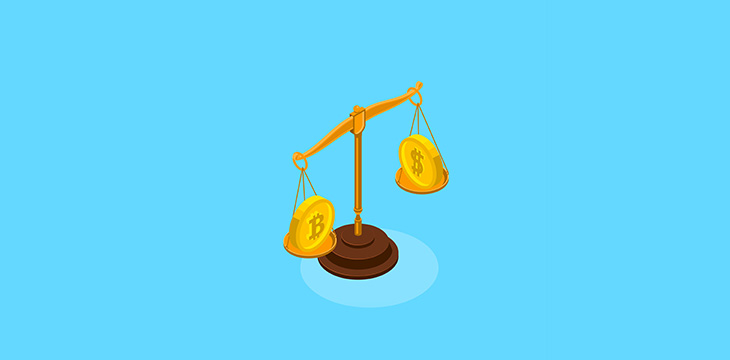|
Getting your Trinity Audio player ready...
|
It’s been over a decade since Bitcoin launched with the vision of a global peer-to-peer electronic cash system. However, ten years later, Bitcoin is yet to wage serious competition against the very systems it was invented to compete against. This has been mainly because the developers behind SegWitCoin (BTC) have failed to enable significant scaling of any kind, leading to slow and expensive transactions. As Jimmy Nguyen, the Founding President of the Bitcoin Association explained in a recent post on Payments Journal, Bitcoin SV (BSV) is addressing these challenges and creating the fastest and most cost-effective global payments system.
When Dr. Craig Wright launched Bitcoin a decade ago, he envisioned a network that had no restrictions in regards to the number of transactions it could process. Dr. Wright, better known in the crypto universe as Satoshi Nakamoto, wrote, “The existing Visa credit card network processes about 15 million Internet purchases per day worldwide. Bitcoin can already scale much larger than that with existing hardware for a fraction of the cost. It never really hits a scale ceiling.”
However, his vision failed to materialize after the block size was capped at 1MB early on in Bitcoin’s journey to protect the network from attack. While the capping was supposed to be temporary, BTC developers have failed to increase the block size as the number of users has increased.
The result has been very slow transactions, failing to compete with other centralized payment systems such as Visa. For instance, Visa processes 2,000 transactions per second on average while BTC can only perform an average of three transactions per second. The charges are also quite high, hitting $40 in January 2018 and currently standing at $4.
This all changed in November 2018 when BSV emerged to fulfill Satoshi’s original vision. BSV began with a larger block cap than BTC at 128MB. However, the team behind BSV didn’t stop there and with the recent Quasar protocol upgrade this month, the maximum block size has hit 2GB. And even this isn’t the ultimate goal, with BSV developers planning to remove the block cap entirely. Nguyen revealed:
In fact, one of the leading BSV development teams (nChain) is working toward terabyte size blocks (1 million megabytes!) to process billions of transactions per block and 4 million transactions per second. That future means BSV can be the world’s public data ledger, recording payments and all kinds of other enterprise data transactions.
BSV is a godsend for the payments industry, with charges being lower than 1 cent. Popular payment card systems charge as high as 3% per transaction. BSV will also revolutionize the cross border payments industry. Its global nature will ensure that no matter what part of the world you hail from, transferring value will be as easy as sending a message.
For merchants, speed is of the essence and BSV has solved this challenge. Transactions can be confirmed instantaneously and with the immutable nature of the BSV blockchain, they can’t be reversed. As Nguyen revealed, BSV development teams are also working on “solutions for safe instant transactions, so merchants feel comfortable accepting payments even before they are confirmed on the blockchain.”
He concluded, “Over 10 years since the birth of Bitcoin, it is time to fully realize the vision for a new electronic cash system. That requires big blocks to create a big global payment network. This “Satoshi Vision” will only happen on Bitcoin SV.”
https://www.youtube.com/watch?v=gBb9FSxfyVs

 03-01-2026
03-01-2026 




